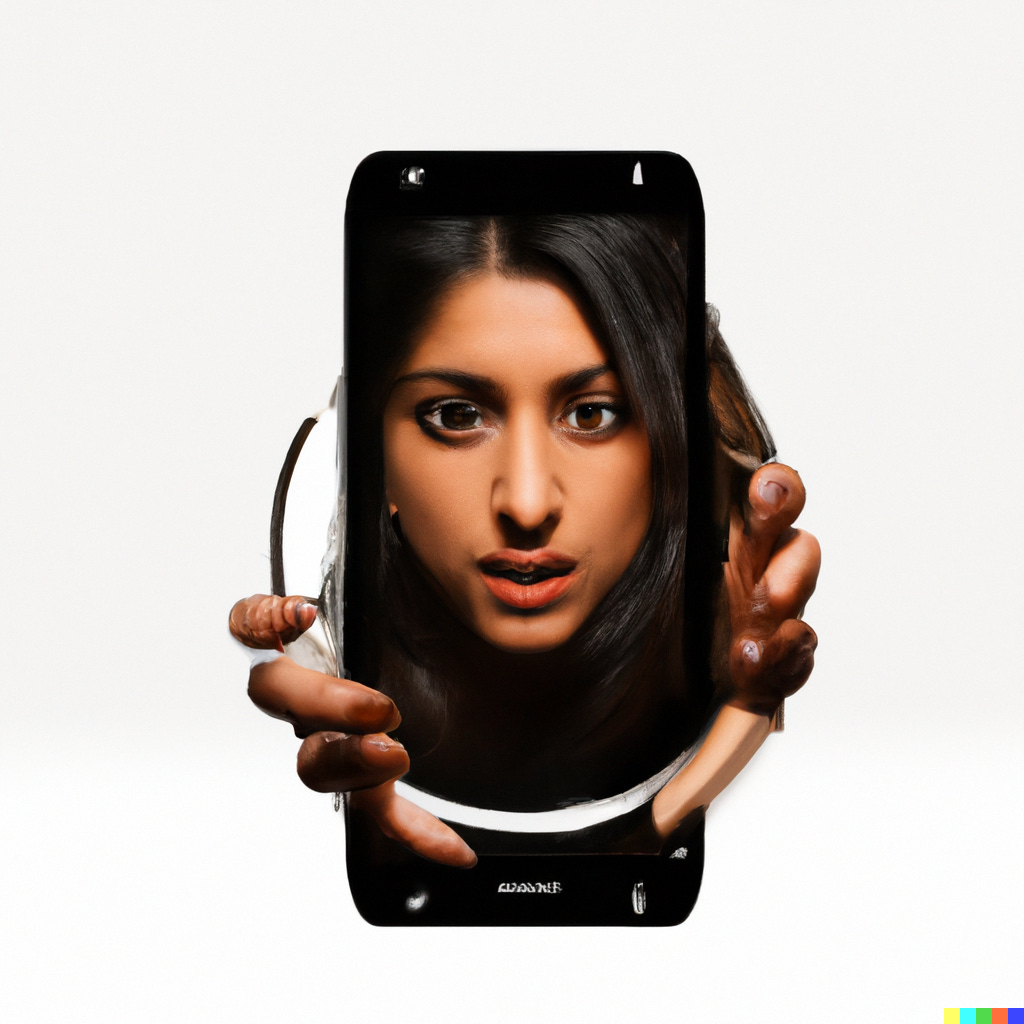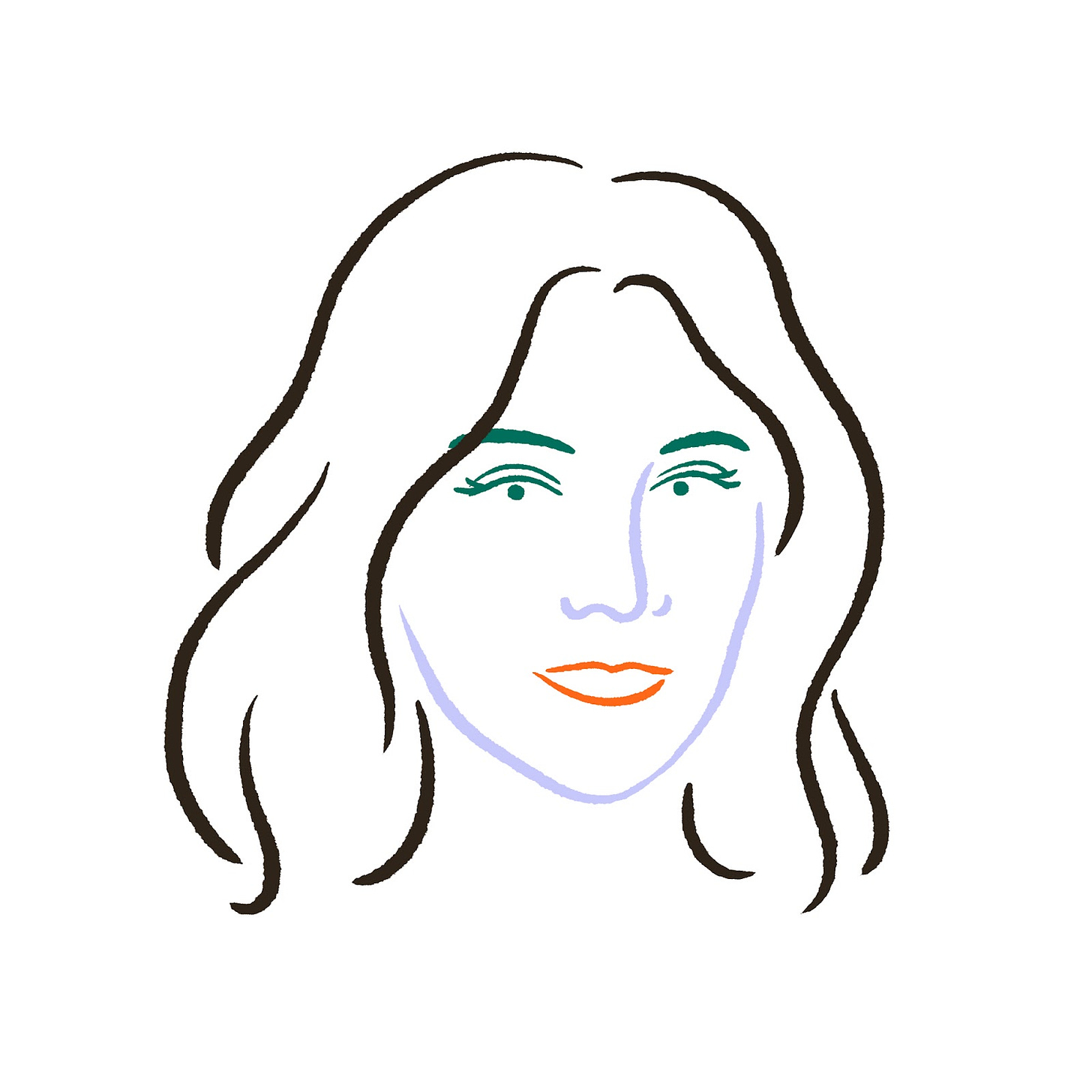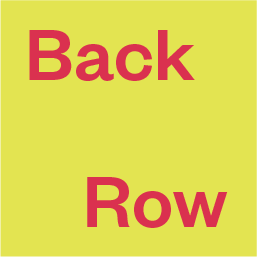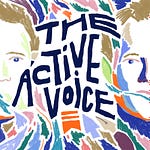“My skin started peeling off of my face in chunks,” she says. “For months, my skin was just oozing red. I couldn’t put makeup on. I couldn’t use products. I could barely splash water on my face without being in immense pain.”
She fell into a deep depression and had a crisis of self. “It really made me examine who I was when I didn’t have this armor of beauty products,” she says, “because when I felt like I was ugly, I felt absolutely worthless.”
Today, Jessica writes
, a cult-favorite newsletter with the tagline “What the beauty industry won’t tell you, from a reporter on a mission to reform it.” In it, she critiques obsessions with Botox-like injectables, the sleight of hand behind “no-makeup faces,” and the social implications of nose jobs, among other exceptionally hot topics. This unapologetic coverage, unusual in the beauty space, has helped The Unpublishable grow from 2,000 subscribers to more than 50,000 last year, with boosts from a viral Twitter thread in which she exposed what it was like to work for the Kardashians and a shout-out from Dua Lipa.In this episode of The Active Voice, I talk with Jessica about the effect social media is having on how we think about beauty, her struggles with writing a book, and why her death-and-redemption experience with beauty culture is definitely just like Jesus dying on the cross for his followers. If you, too, want to see the light, I encourage you to listen to her testimony.
Quotes from the conversation
On beauty
I’m really interested in looking at the systems behind industrialized beauty, but I always like to point out that the reason that I do this work is because I’m so passionate about beauty as a concept. I see beauty up there as “beauty, freedom, truth, love.” It is integral to our lives.
On her original interest in beauty
I really saw it as part of this transformative process and I thought of that in a very positive way, and that’s why I pursued a career in beauty. I pursued a career in the celebrity space, and I was very much into beauty as empowering, changing how I look as body autonomy.
On working for the Kardashian-Jenner apps
We were always on call. If you made a mistake, it was actually the most famous women in the world making a mistake and you would get appropriately reprimanded.
On skin saviors
The beauty industry for a long time has been messaged as this sort of ethical ideal, as this moral imperative. It has borrowed a lot of tactics from religion and Protestantism and Catholicism in particular. Even when you look at the language of the beauty industry, you’re like: it’s a miracle product. It’s the Holy Grail. It’s a skin savior.
On going viral
I did a couple tweet threads, and I turned it back to my work and put a link to my Substack. You don’t usually expect too much engagement from that, but I got 10,000 new subscribers just from that one tweet.
On demystifying the work-hard myth
There’s this idea that I think is ingrained into us that if you put in the time, if you put in the effort, it will all pay off eventually. You just have to deal with being underpaid and undervalued for a certain amount of time and then it’ll pay off. I just had this realization that if I was going to continue in the industry in this way, it really would never pay off.
On changing course
My mother got sick. She was diagnosed with breast cancer at this time, and it shattered my whole world. I found it very difficult to care about writing about beauty. I was like, “How can I write about beauty and skin care when there’s an actual life-or-death situation happening in my life?” That, sort of combined with all of the other stuff—combined with [my] divorce and the pandemic and leaving my home and all of this—really sort of threw me off track.
On making good money as a writer now
It feels good. It feels really good. I feel cool. I feel self-sufficient. I feel independent, and I also feel terrified almost every day of just like, “Oh no, what if it’s bad? What if I said something wrong? What if I didn’t actually present every possible angle of this argument?” I don’t know that that will ever go away.
On being an internet writer
I am very worried about having a limited perspective and not considering something that is actually really important and inadvertently hurting people. I don’t want my work to ever hurt anybody. I only want my work to help.
On ‘Instagram face’
People are consumed with this need to reflect their perfected digital selves. Instagram face is kind of the big one, but there’s also TikTok face and Snapchat face and all of these smaller micro trends, but the idea is just that a lot of what’s driving the beauty industry now is this obsession with emulating your digital avatar.
On social media’s effect on self-conception
We’re seeing increased rates of appearance-related anxiety, depression, body dysmorphia, facial dysmorphia, disordered eating, self-harm, even suicide. This all-encompassing focus on the physical is really not good for our mental health. We’re very disconnected in general as a culture from our true selves.
On ageism
Something as little as an anti-aging cream really does point to these giant, huge systems issues. I like to think of beauty standards as the physical manifestations of systems of oppression. I think that the anti-aging focus is a great example of that, where this really is just an outgrowth of ageism.
On writing a book vs. the internet
Part of the reason it’s very difficult is because I really struggle with permanence. I know people always say if something’s on the internet, it’s on the internet forever, but I have had a very different experience. To me, internet writing feels impermanent and in flux. There’s always the option to edit. There’s always the option to delete.
On not setting a publishing schedule
I write when I’m inspired to write, and I’ll have a loose outline of things that I want to write in my head, but I have completely eliminated deadlines for myself.
On building a movement with readers
I’m actually participating in this collective liberation of women from oppressive beauty ideals and influencing the people in my life and in my community, and that radiates outward to sort of change beauty culture on a mass scale. People like feeling like there is another pathway that is beneficial to them and beneficial to others.
Jessica’s recommended reads:
Show notes
Subscribe to The Unpublishable on Substack
[04:15] Being anti product, pro people
[06:12] Participating in beauty pageants
[07:30] Working on the Kardashian-Jenner apps
[09:34] Developing dermatitis
[13:17] Beauty as religion
[14:45] Going viral on Twitter
[17:52] The work-hard myth
[20:15] The reality of attention
[21:18] Getting death threats from nail artists
[25:19] Writing a book
[29:19] The mind of an online writer
[32:08] ‘Instagram face’
[40:16] Beyond beauty
[51:40] The Unpublishable audience
The Active Voice is a podcast hosted by Hamish McKenzie, featuring weekly conversations with writers about how the internet is affecting the way they live and write. It is produced by Hanne Winarsky, with audio engineering by Seven Morris, content production by Hannah Ray, and production support from Bailey Richardson. All artwork is by Joro Chen, and music is by Phelps & Munro.
Postscript























Share this post